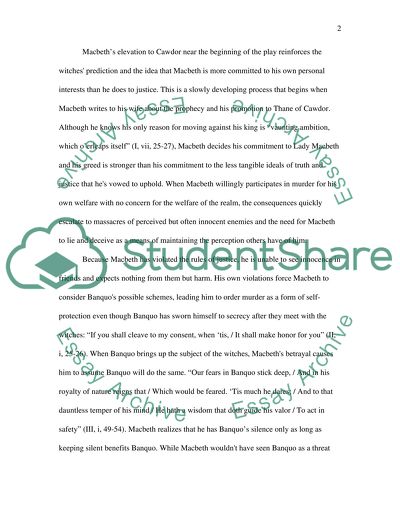Cite this document
(“Macbeth Essay Example | Topics and Well Written Essays - 750 words”, n.d.)
Retrieved from https://studentshare.org/other/1400200-macbeth
Retrieved from https://studentshare.org/other/1400200-macbeth
(Macbeth Essay Example | Topics and Well Written Essays - 750 Words)
https://studentshare.org/other/1400200-macbeth.
https://studentshare.org/other/1400200-macbeth.
“Macbeth Essay Example | Topics and Well Written Essays - 750 Words”, n.d. https://studentshare.org/other/1400200-macbeth.


